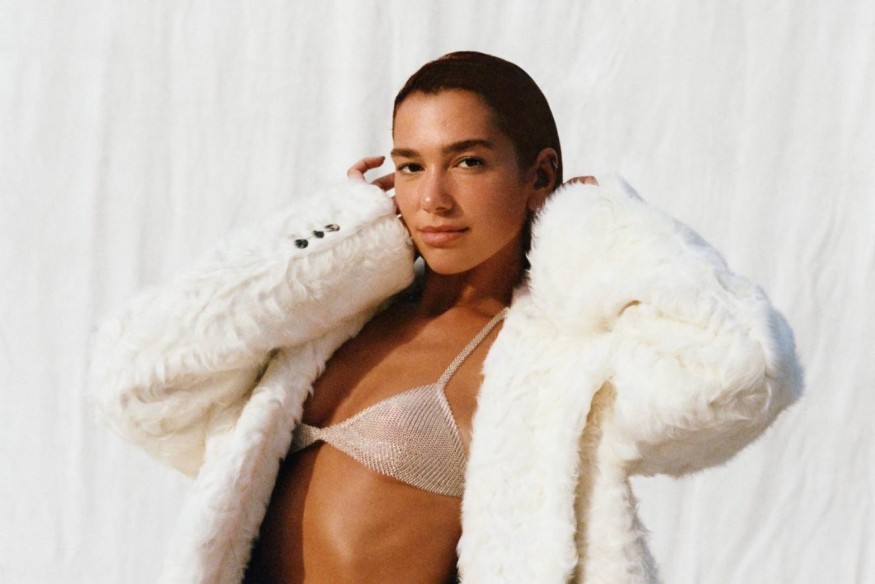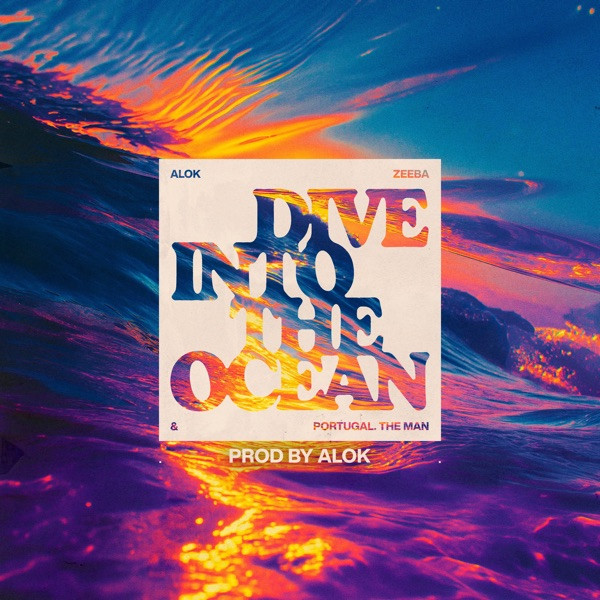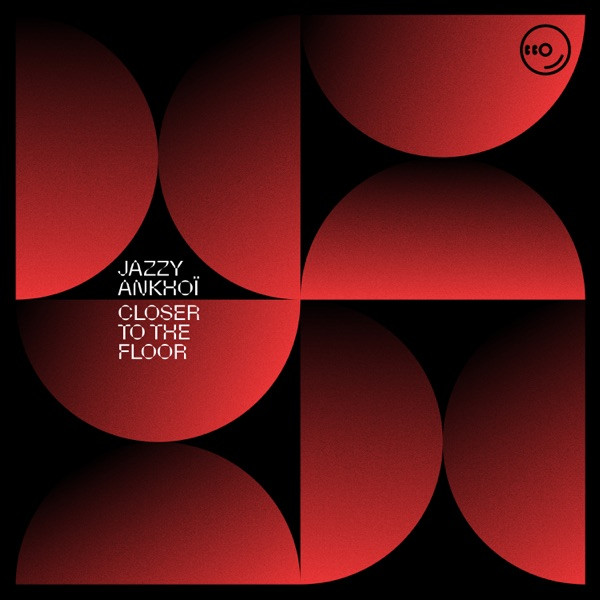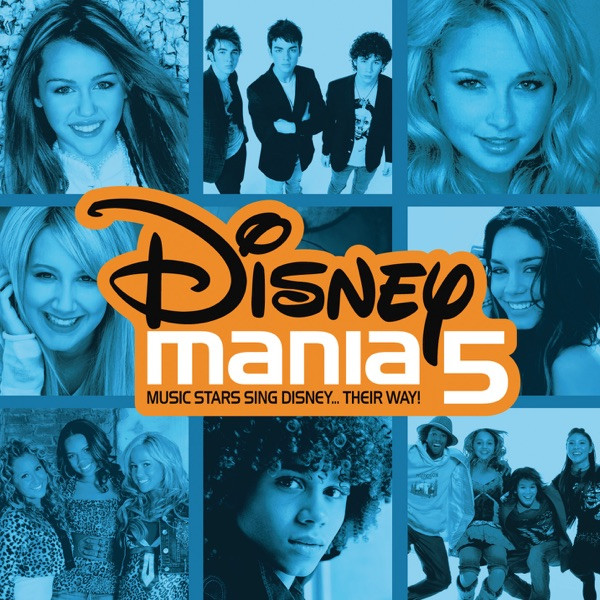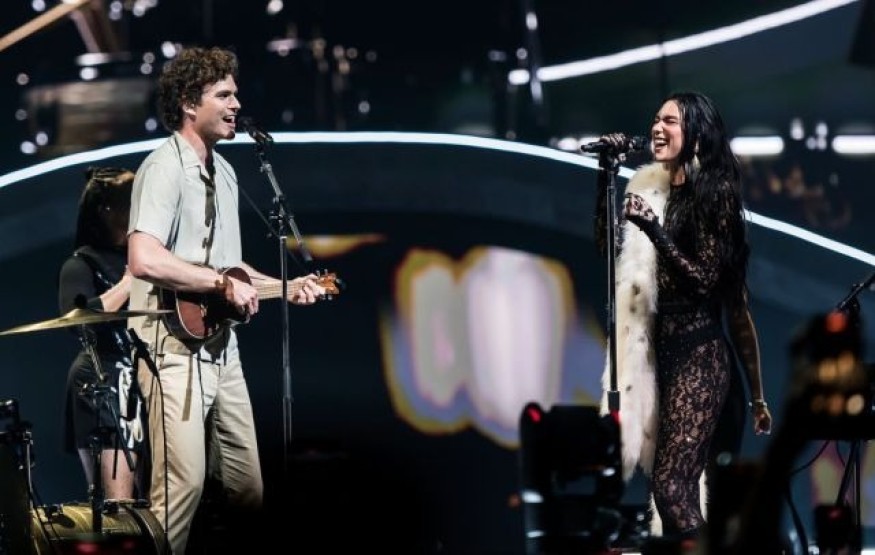
Dua Lipa may be known for topping charts, setting fashion trends, and selling out stadiums—but there’s another side to her that’s making waves in a completely different world: literature. Yes, the global pop icon is turning heads as one of the most exciting new voices in modern literary culture.
Through her lifestyle platform, Service95—which began as a newsletter and has since blossomed into a rich multimedia hub—Lipa has been curating thoughtful book recommendations, holding intimate conversations with celebrated authors, and cultivating a space where ideas and storytelling thrive.
And she’s doing it incredibly well.
Just ask writer Blake LeFray, whose recent YouTube video essay (with over a million views) dubbed Dua “the best literary interviewer working today.” His praise was sparked by her conversation with Pulitzer Prize winner Hernan Diaz, where Lipa stunned viewers and Diaz alike with her nuanced, investigative questions—ones that showed she didn’t just skim the book; she truly understood it.
In another standout moment, her interview with Nobel laureate Olga Tokarczuk unfolded into a philosophical dive into William Blake’s influence on Communist-era Poland. Then there’s her chat with George Saunders, where their deep discussion on creative freedom suddenly turned into him sheepishly asking how she felt performing at Glastonbury.
What sets Dua apart isn’t just her questions—it’s the sincere curiosity and genuine respect she brings to every dialogue. She doesn’t approach interviews as a celebrity with a checklist, but as a passionate reader who’s done the work and brings emotional intelligence to the table.
Of course, she’s not the only A-lister with a book club. Reese Witherspoon and Oprah have long championed literary spaces. But Dua’s journey feels more grassroots. She started her first book club privately with friends in 2019, years before Service95 or affiliate links were ever part of the picture.
Part of this literary passion traces back to her roots. Growing up, Dua immersed herself in history and fiction as a way to better understand Albania’s political past—especially the era under Enver Hoxha—through the works of Ismail Kadare. That personal quest for understanding shaped the way she listens, thinks, and interviews today: with depth, humility, and no pretense.
The result? Authors feel safe. And when they feel safe, they open up. And when they open up, readers follow suit—grabbing books, turning pages, and joining the conversation.

